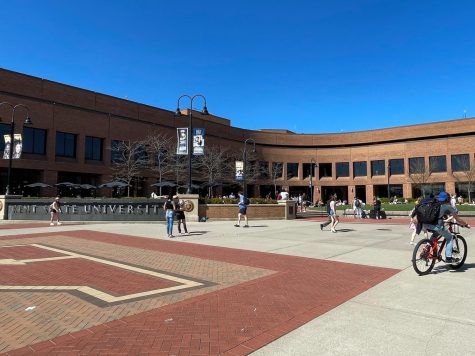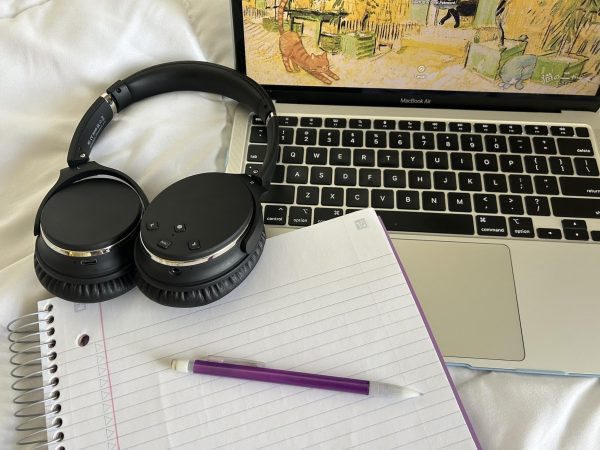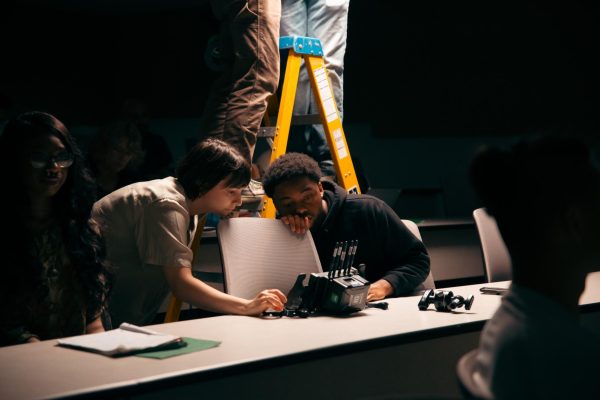Eco-resort to pamper minds
April 12, 2007
SANTA ANA, Calif. (MCT) – Fifteen years of work is about to bring something new to Panama: a tropical resort that will double as a scientific research station.
Former University of California-Irvine social ecology professor Hana Ayala wants to build a string of such facilities across the globe that has a small development footprint, strong conservation ethic and generous financial support for wildlife, habitat, geological and evolutionary research.
A German investor has agreed to place the first one – Ayala’s “flagship” – on two Panamanian islands he owns called Isla Bayoneta and Isla Canas.
The islands, in the Las Perlas Archipelago off Panama’s Pacific coast, are uninhabited and untouched by development.
“It’s a pristine, natural treasure,” Ayala said at a recent meeting with the investor, Claus Mittermayer, at the Island Hotel in Newport Beach, Calif. The two signed a development agreement last year and announced the project last month.
Ayala calls her project IQ Resorts but says she wants to create far more than just another chain of “eco-resorts.” She speaks of establishing an economic engine for local people, who would gain jobs and profit from their association with it.
She thinks her vision would provide a monetary incentive to preserve the tropical habitat of the region for high-end, low-impact tourism instead of filling it with homes and businesses as development pressure increases.
Mittermayer owns three islands in the archipelago. He and Ayala talk about a resort with interpretive exhibits on the science and culture of the area built into the grounds and architecture – all of it using minimal power and producing minimal waste with state-of-the-art technology.
“For some time I’ve been looking for the right development approach,” Mittermayer said.
He had heard about Ayala’s concept and gave her a call that turned into a three-hour chat.
“I was impressed with the environmental integration and harmony with nature, and also the science involved,” he said. The whole essence of the IQ Resorts is a catalyst for something larger.”
The other half of the equation – science – would carry equal weight, the two say.
Ayala, the wife of University of California-Irvine evolutionary biologist Francisco Ayala, thinks her resort would generate enough money from guests to fund scientific research projects on the archipelago and surrounding region.
The findings from the science projects, in turn, would enhance environmental and scientific tourism. Guests would not just take guided hikes or hear lectures, but absorb detailed science as deeply as they wished from presentations woven into their day. They could even take part in the science, gathering some of the data, and would get invitations to make financial investments in specific projects.
“A spa for the body will join a spa for the mind,” Ayala says.
Scientists from the Smithsonian Institution in Washington, D.C., already have agreed to perform research there. A team led by Anthony Coates, a senior scientist emeritus at the Smithsonian, did a preliminary survey of Mittermayer’s islands to help plan the resort and discovered bird subspecies not previously known to inhabit them.
“The islands used to be part of the mainland,” Ayala says. “As islands, they are babies. Only 10,000 years ago they separated from the mainland. The ecosystems have many similarities.”
The islands are near Panama’s Darien National Park and set amid rich marine habitat.
Ayala and Mittermayer said preliminary architectural drawings are being prepared.
“We will be taking the spirit of Southeast Asian architecture and blending it with the strong sense of place of the Las Perlas,” she says.
In her meeting with Mittermayer, Ayala spoke of her larger vision: a string of IQ Resorts in exotic locations throughout the world, linked through carefully prepared scientific journeys for guests that she calls “routes of wonder.”
The larger effort is called “Panthalassa,” she says, the name scientists have given to the single ocean that hundreds of millions of years ago surrounded Earth’s single continent, Pangea.
Ayala’s tours would pick up the trail of the broken-up pieces of that continent as they exist today and the vast play of changing organisms, geological features, habitat and climate conditions from past to present.
Neither Ayala nor Mittermayer would estimate when the project might be completed and opened, although they expect it will be within a few years.
“It’s not about speed; it’s about getting things done right,” she says.
“This could change Panama,” Ayala says. “It could change many countries around the world.”























